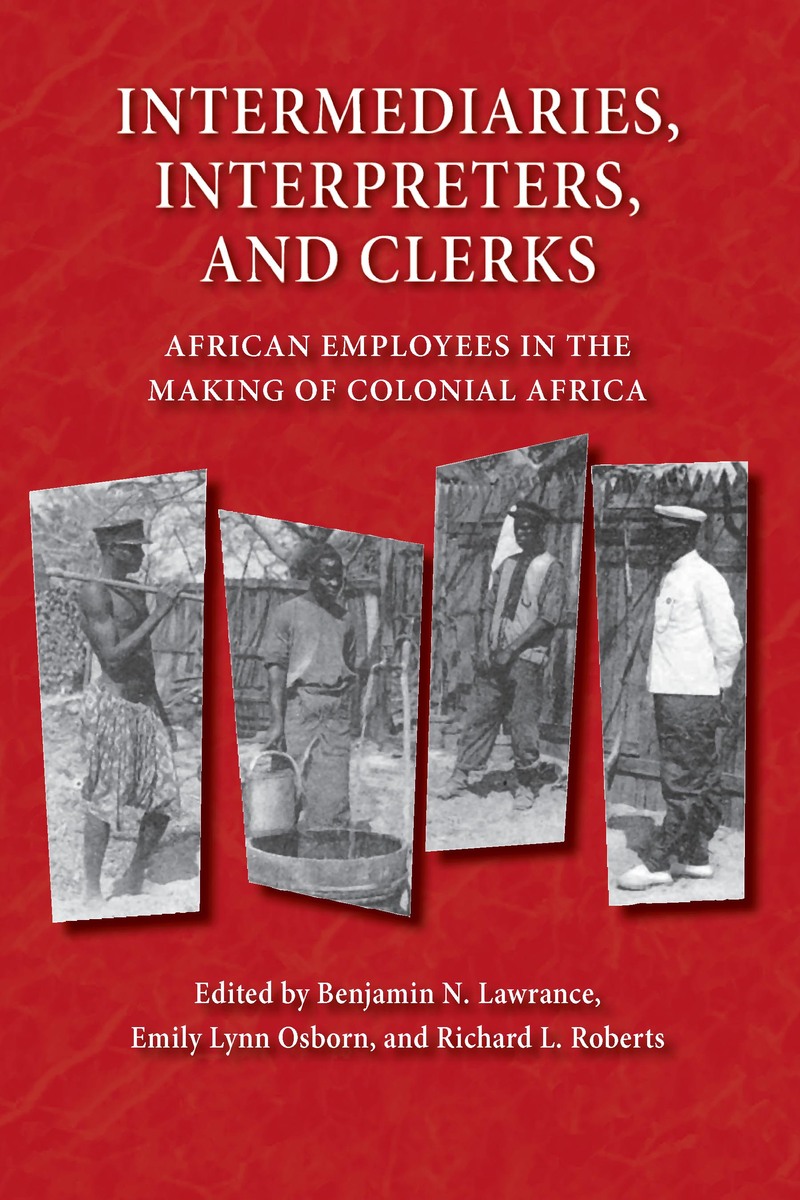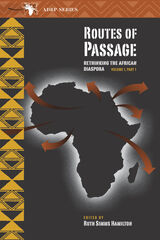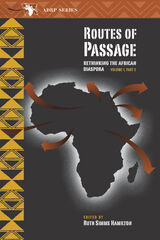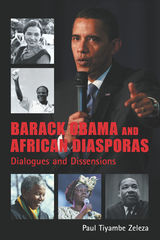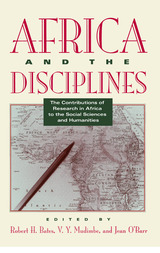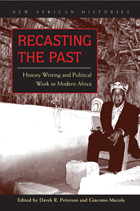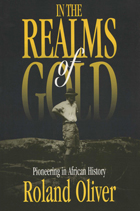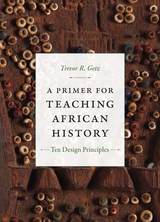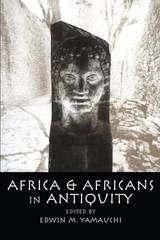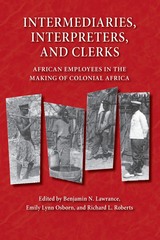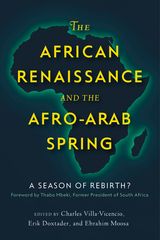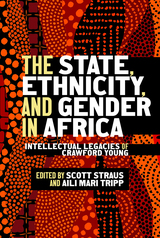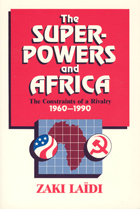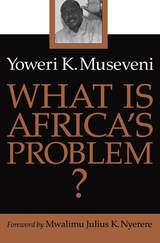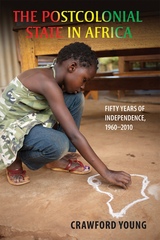Intermediaries, Interpreters, and Clerks: African Employees in the Making of Colonial Africa
University of Wisconsin Press, 2006
Cloth: 978-0-299-21950-5 | Paper: 978-0-299-21954-3 | eISBN: 978-0-299-21953-6 (all)
Library of Congress Classification DT28.I57 2006
Dewey Decimal Classification 324.6
Cloth: 978-0-299-21950-5 | Paper: 978-0-299-21954-3 | eISBN: 978-0-299-21953-6 (all)
Library of Congress Classification DT28.I57 2006
Dewey Decimal Classification 324.6
ABOUT THIS BOOK | AUTHOR BIOGRAPHY | REVIEWS | TOC | REQUEST ACCESSIBLE FILE
ABOUT THIS BOOK
As a young man in South Africa, Nelson Mandela aspired to be an interpreter or clerk, noting in his autobiography that “a career as a civil servant was a glittering prize for an African.” Africans in the lower echelons of colonial bureaucracy often held positions of little official authority, but in practice these positions were lynchpins of colonial rule. As the primary intermediaries among European colonial officials, African chiefs, and subject populations, these civil servants could manipulate the intersections of power, authority, and knowledge at the center of colonial society.
By uncovering the role of such men (and a few women) in the construction, function, and legal apparatus of colonial states, the essays in this volume highlight a new perspective. They offer important insights on hegemony, collaboration, and resistance, structures and changes in colonial rule, the role of language and education, the production of knowledge and expertise in colonial settings, and the impact of colonization in dividing African societies by gender, race, status, and class.
By uncovering the role of such men (and a few women) in the construction, function, and legal apparatus of colonial states, the essays in this volume highlight a new perspective. They offer important insights on hegemony, collaboration, and resistance, structures and changes in colonial rule, the role of language and education, the production of knowledge and expertise in colonial settings, and the impact of colonization in dividing African societies by gender, race, status, and class.
See other books on: Clerks | Colonial administrators | Economics & Trade | Lawrance, Benjamin N. | Translators
See other titles from University of Wisconsin Press
